
Earn your degree from Rwanda through a US-accredited institution—100% online
This isn’t just a Degree. It’s your edge.
This isn’t just a Degree. It’s your edge.
Skills you will learn - and add to your résumé
Affordable online degrees, designed for you
With our pay-as-you-go model, if you finish faster, you'll save time and money. Tuition is simple and transparent, designed to fit your life.
- Graduate degrees: pay a monthly fee
- Undergraduate degrees: pay per course
- Save time and money by graduating faster
- Plan in advance with no surprise fees, full transparency on tuition from day one
What’s it like to learn at Nexford?
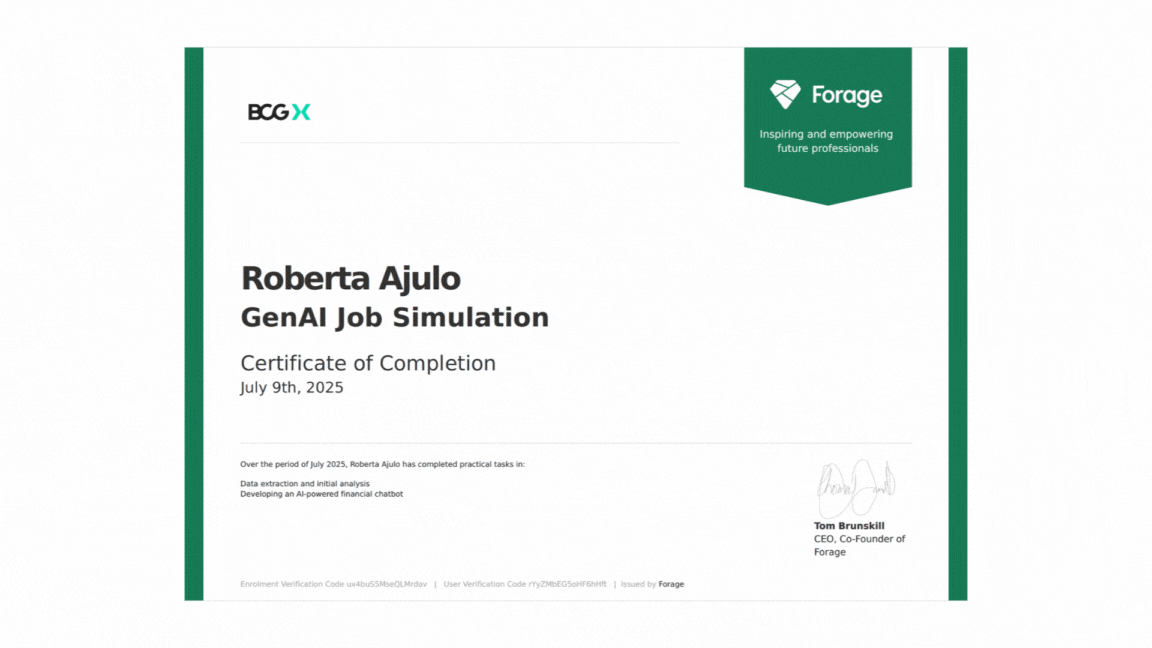
Build skills by doing. Every course includes hands-on projects that mirror real workplace challenges like building financial models, data dashboards, or marketing strategies. Projects are curated from the world's largest organizations.


Connect with peers and faculty

Get help when you need it
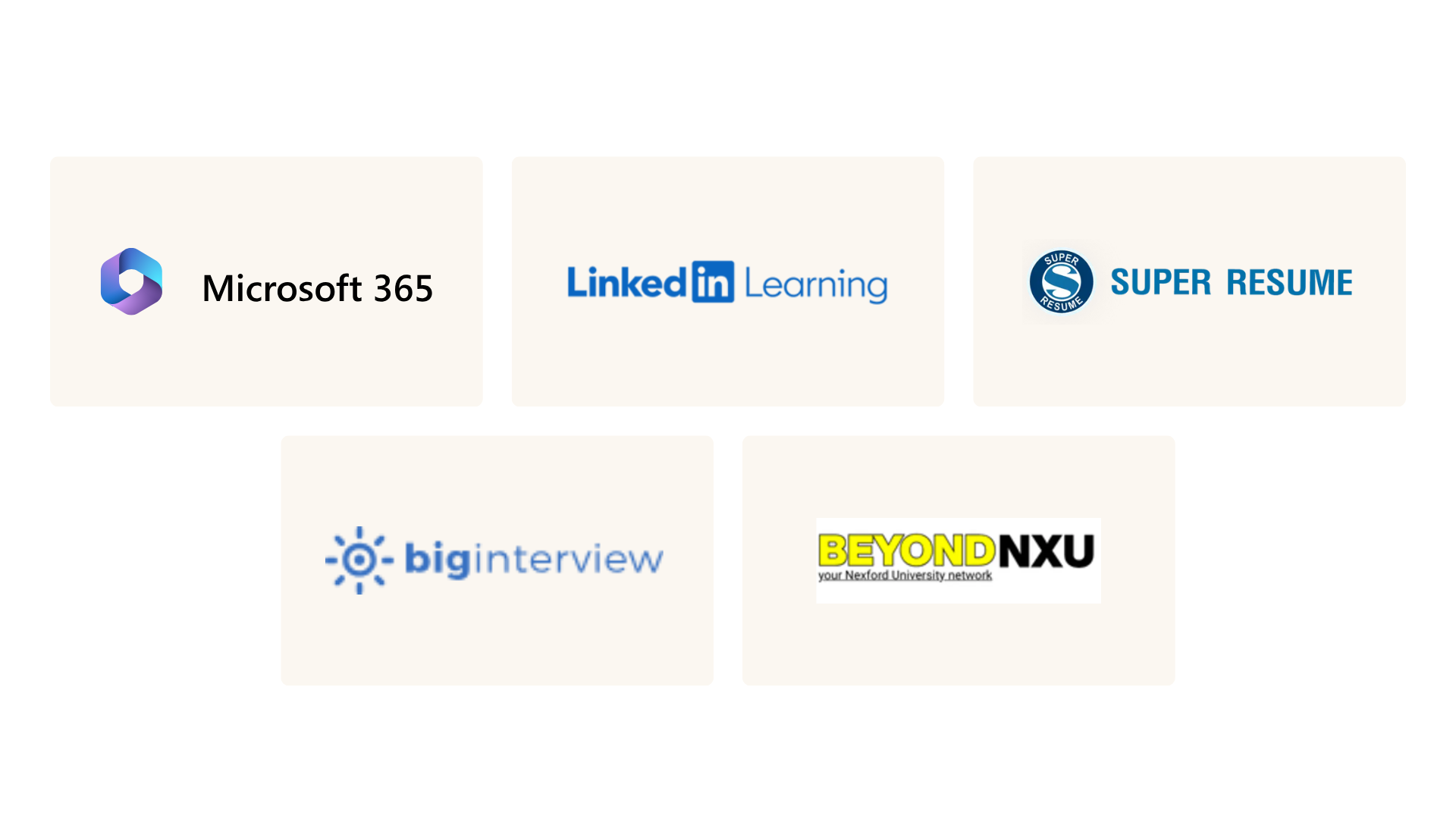
Learn with cutting-edge tools and platforms
Online Degree Rwanda - BBA and MBA Programs
Choose between two top-tier degree programs designed exclusively for working professionals in Rwanda's flourishing business sector.
Courses in the Bachelor of Business Administration (BBA)


















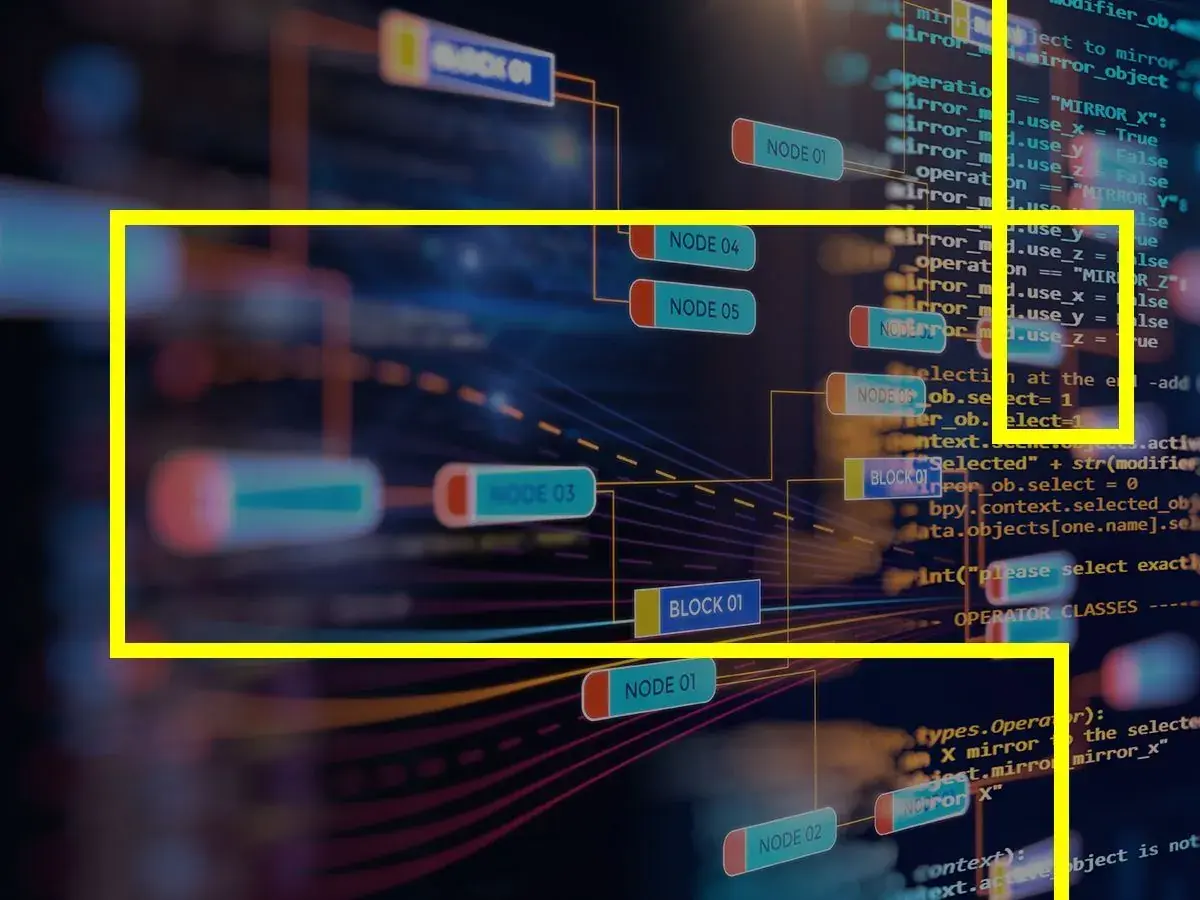





































































BBA Admission requirements

Government-issued ID and passport-style photo

Secondary school certificate or equivalent

TOEFL, IELTS, or equivalent
Finish faster with Nexford's two year BBA
Earn your BBA in just 24 months through our competency-based learning model:
- Course load: 1 course
- Pace: 1 course per month
- Course load: 2 courses
- Pace: 2 courses per month
- Course load: 1 capstone course
- Pace: 1 course per month
BBA specializations
Choose from four specialized tracks to advance your career:

Combine business fundamentals with applied AI skills
Courses in the MBA









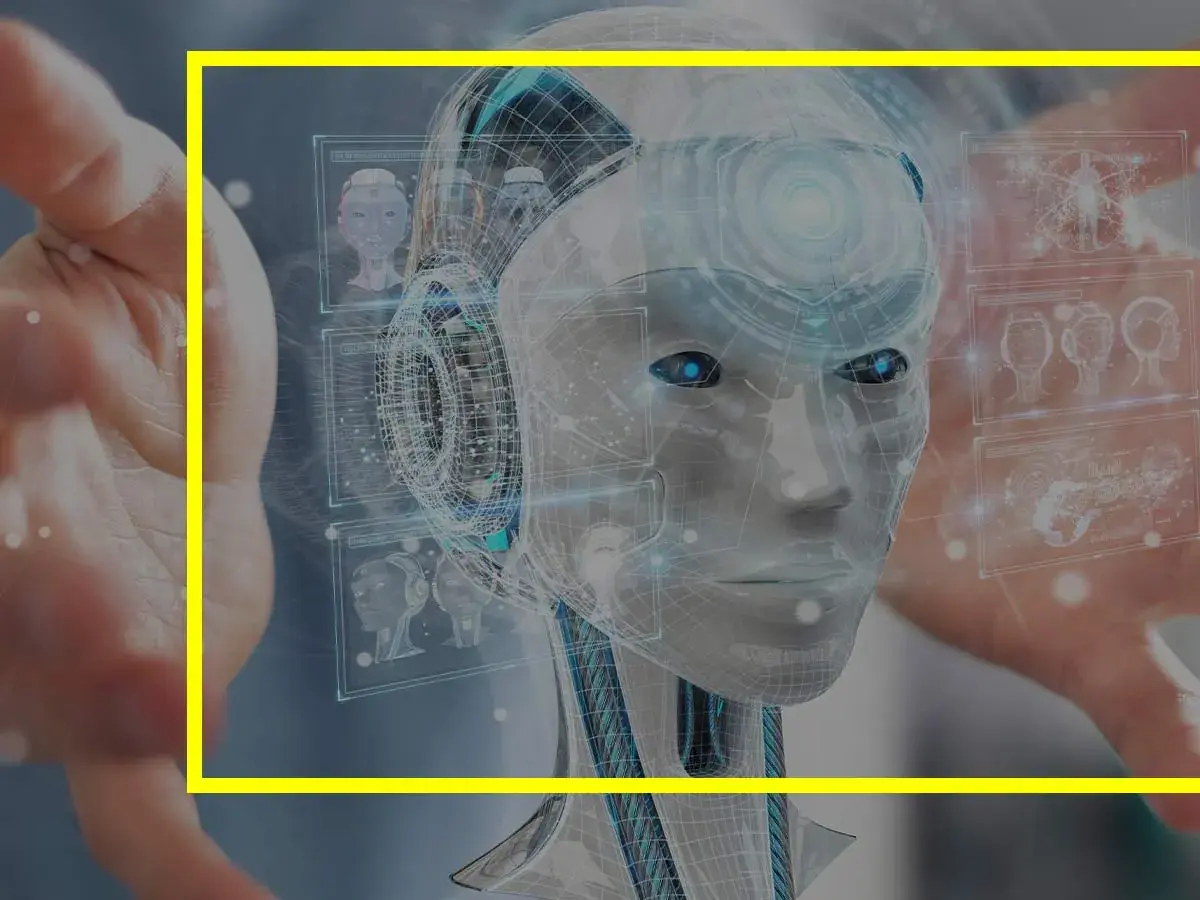
















































MBA Admission requirements
Upload documents 100% online:

Government-issued ID and passport-style photo

Bachelor's degree from accredited institution

TOEFL, IELTS, or equivalent
Finish faster with Nexford's 9 month MBA
Accelerated completion timeline:
- Course load: 1 course
- Pace: 1 course per month
- Course load: 2 courses
- Pace: 2 courses per month
- Course load: 1 capstone course
- Pace: 1 course per month
MBA specializations
Seven specialized tracks for career advancement:
Your career outlook as an online degree graduate
Every sector wants executives who can solve problems and think critically and strategically. Rwanda's alumni work in:
- Strategy Consultant
- Chief Strategy Officer
- Head of Operations
- Chief Operating Officer
- FP&A Manager
- Financial Analyst
- Finance Business Partner
- Finance Manager
- General Manager
- People Operations Manager
- Projects Director
- Program Manager
- Marketing Manager
- Sales Director
- Business Development Manager
- Head of Partnerships












Where our learners work
























Meet your future faculty
Meet your future faculty
Learn from faculty who are also experienced business leaders, entrepreneurs, and subject-matter experts. Their real-world experience helps ensure what you’re learning is practical, career-relevant, and aligned with what employers actually need. Join live group sessions or book 1:1 time when you need support.
Hear from our alumni and their employers



Thank you so much for the opportunity to be part of Nexford University. My education there significantly helped me advance my career. Additionally, my MBA has been successfully recognized as equivalent in my home country, Indonesia.

As a current MBA student at Nexford University, i like the flexile modality of study especially for full time employees, also the project-based learning approach with updated syllabuses, real case studies with top tech companies like Amazon, Tesla , Toyota, Apple...etc. and affordable at the same time for low middle income countries students.
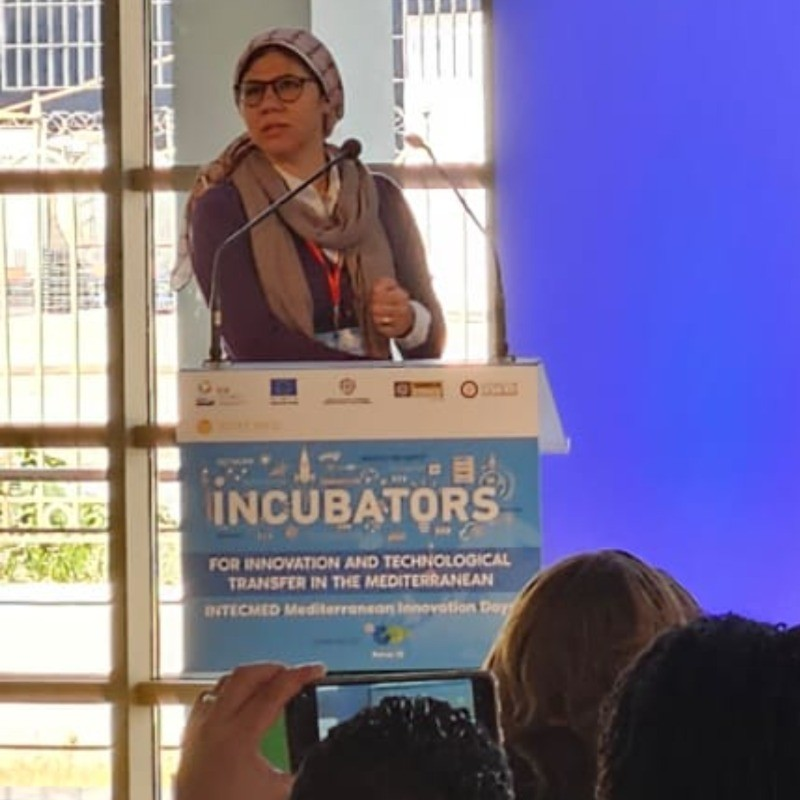
Nexford is accredited.

Nexford University is accredited by the Distance Education Accrediting Commission (DEAC).
The DEAC is listed by the U.S. Department of Education as a recognized accrediting agency and is recognized by the Council for Higher Education Accreditation (CHEA).
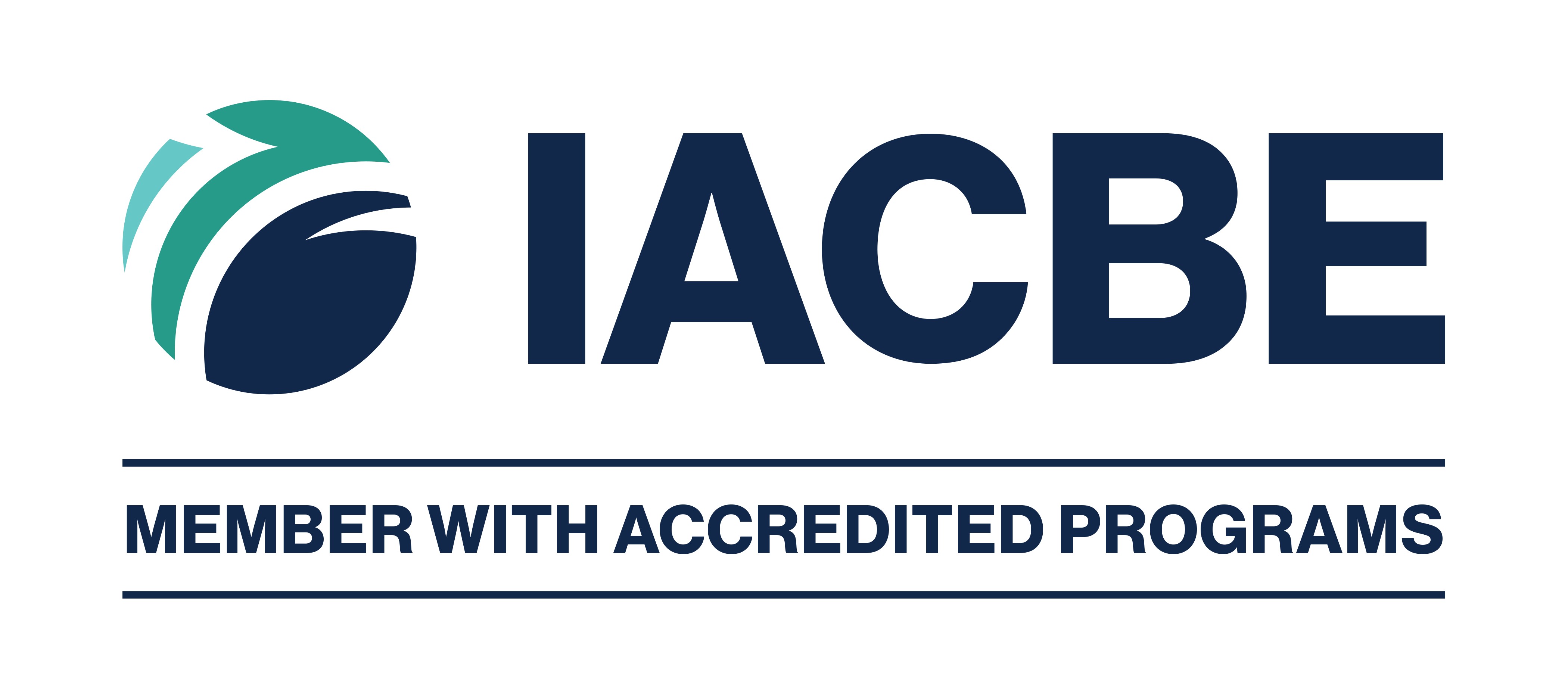
The International Council for Business Education has accredited our School of Business and Innovation. Your degree is validated and worldwide recognized.

Nexford University is accredited by the Distance Education Accrediting Commission (DEAC).
The DEAC is listed by the U.S. Department of Education as a recognized accrediting agency and is recognized by the Council for Higher Education Accreditation (CHEA).

The International Council for Business Education has accredited our School of Business and Innovation. Your degree is validated and worldwide recognized.
Join us for a free virtual tour
Join us live to see how learning at Nexford works, hear from alumni, and get your questions answered by current learners, faculty, and staff.


Your dedicated career success platform
Your dedicated career success platform




Others block AI. We expect you to master it.
Real projects you'll complete in your MBA






















